British MP Tulip Siddiq has strongly responded to recent comments made by Professor Muhammad Yunus regarding the ongoing legal case against her in Bangladesh.
In a written statement, Tulip expressed disappointment that Professor Yunus refused to meet her during his UK visit and accused him of making baseless allegations driven by political motives.
"I am disappointed that Professor Muhammad Yunus refused to meet me during his visit. He is making allegations against me based on imaginary accusations driven by political vendettas, for which no evidence has been presented even to the media," Siddiq stated.
She called on Professor Yunus to refrain from further public defamation and to allow the legal process to proceed independently. "I hope he will now stop spreading defamatory remarks about me in the media and allow the court to determine that I have no connection to their ongoing investigation," she added.
Tulip Siddiq also pointed out that neither she nor her legal team has been contacted by Bangladeshi authorities and emphasized that the accusations lack substantiated proof. She underscored that the UK’s Advisory Committee on Business Appointments (ACOBA) had already investigated the matter and found no grounds for concern.
Yunus: "Let the Legal Process Continue"
Earlier, during an interview with BBC, Professor Muhammad Yunus addressed the issue and confirmed that he would not meet Tulip Siddiq, stating that the matter is currently before the courts. "This is a legal process. I don’t want to interfere with it. Let the process continue," he said.
Professor Yunus emphasized that it is not his role to influence judicial proceedings and that the Anti-Corruption Commission (ACC) should be trusted to handle the matter.
"The courts will decide whether the case has enough merit to proceed. I have full confidence in the ACC that they are doing the right thing," he added.
When asked why the ACC is still investigating Siddiq despite her repeated denials and the absence of presented evidence, Yunus reiterated that such disputes are part of the legal process and should be resolved through proper legal channels.
He also acknowledged that legal proceedings take time and that questions regarding communication between the ACC and Siddiq’s legal team should be addressed by the Commission’s lawyers.
Responding to whether he would direct the ACC to be more transparent and to ensure prompt information sharing, Yunus stated, "As Chief Adviser, I have full confidence in the ACC."
On the question of possible extradition if sufficient evidence is presented, Yunus clarified, "If it is required by law, of course, the process will be followed."
The legal dispute continues to develop, with both sides expressing their willingness to let the judicial process determine the outcome.




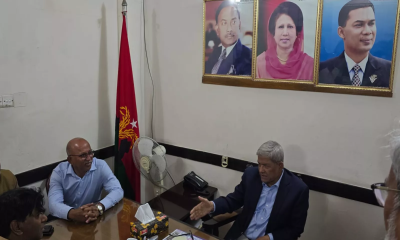






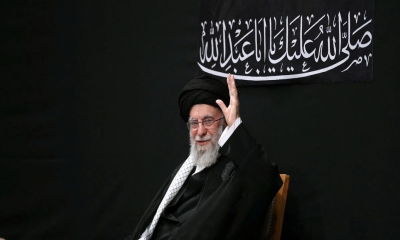
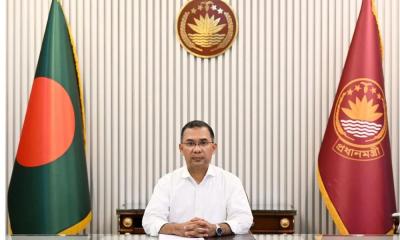



-20260302065048.webp)



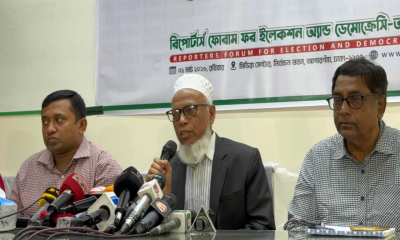


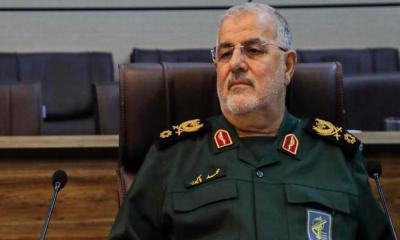
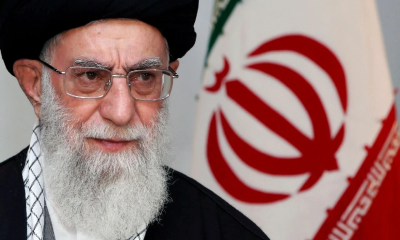







-20260224075258.webp)



-20260225072312.webp)
